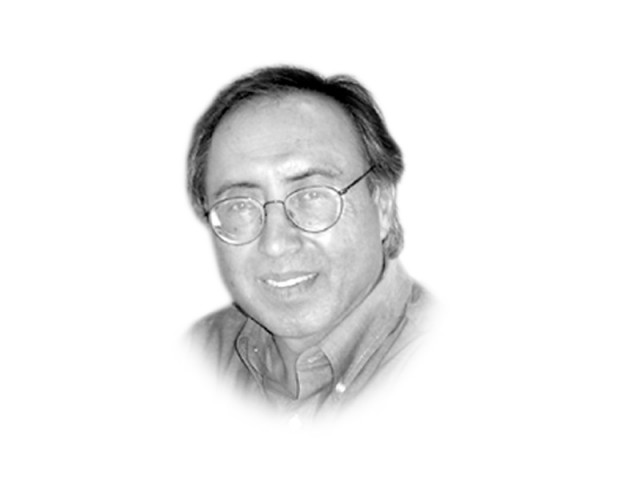The rise and rise of Kaptaan
Perhaps it is the unprecedented politicisation of middle class that accounts for growing popularity of Kaptaan


The conventional parties and their leaders have taken refuge in ‘saving democracy’, showing their majority in parliament and by closing their ranks against kaptaan’s agitation politics. Unable to defend themselves effectively by counterargument or evidence, failing to contradict what the PTI says about their character of politics and misuse of power and national resources, they have hoped that agitation will cause his politics to taper off. As appears from the recent public rallies, neither is the kaptaan tired and nor are his generally young supporters. Rather, the excitement and commitment to changing the functioning of the political order are on the ascent.
Something the old parties are missing in their understanding, or deliberately turning a blind eye to, is the distrust of the middle class, both urban and rural and its unprecedented politicisation. This is, perhaps, the major factor that accounts for the growing popularity of the kaptaan. The leaders of the dynastic parties have nothing to offer to this disillusioned class. With more urbanisation, the political power and influence of this class has grown a great deal. At the moment, this class is solidly with the PTI.
The second important factor that explains the rise of leaders in every competitive, democratic polity is their credibility. The question that is always on the minds of the people is: can they trust them? People in the democratic politics of the two major parties, the PML-N and the PPP have mattered very little, if at all. They have substituted genuine support of the people with building elite networks, the exclusive clubs of political families. In doing so, never were they alive to the changing political reality of Pakistan: increasing distrust in the ruling dynasties and new voices of change that the media and social discourses have popularised. For long, they have lost touch with the political reality of a quietly changing Pakistan. On the other hand, people listen to and believe Imran Khan. He has etched a place deep in their political imagination for the better future of the country.
Finally, there is the political message of the kaptaan that has made great political waves in the country. Consistently, for years, he has focused on merit, transparency in government affairs, accountability and responsible governance. Sick and tired of systematic corruption, bad governance, and undocumented accumulation of wealth by powerful sections of society, the general public appears to be embracing his politics and leadership as the best hope for real change.
Furthermore, there are two significant things, in my view, about the rise of kaptaan: his de-legitimisation of old politics and trust in the people’s ability to change what he calls the corrupt and dysfunctional political system. He shows beaming confidence in his own ability to change Pakistan and rebuild the fractured ties between the state and society. The idiom has gone viral — the only cure is change itself.
Published in The Express Tribune, December 3rd, 2014.
Like Opinion & Editorial on Facebook, follow @ETOpEd on Twitter to receive all updates on all our daily pieces.















COMMENTS
Comments are moderated and generally will be posted if they are on-topic and not abusive.
For more information, please see our Comments FAQ